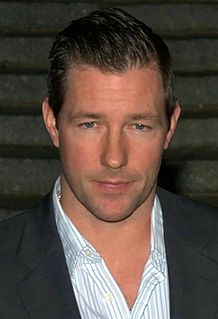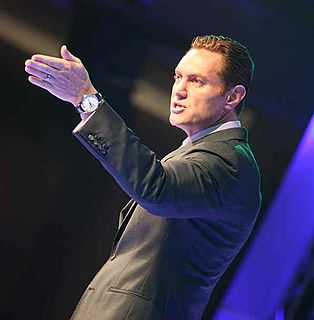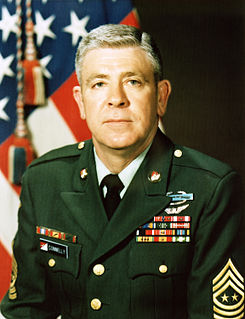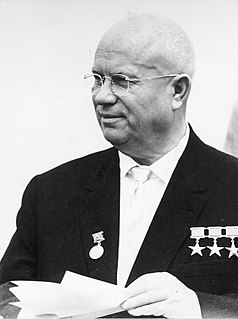A Quote by Bertrand Russell
Man has existed for about a million years. He has possessed writing for about 6,000 years, agriculture somewhat longer, but perhaps not much longer. Science, as a dominant factor in determining the belief of educated men, has existed for about 300 years; as a source of economic technique, for about 150 years. In this brief period it has proved itself an incredibly powerful revolutionary force. When we consider how recently it has risen to power, we find ourselves forced to believe that we are at the very beginning of its work in transforming human life.
Quote Topics
About
Agriculture
Beginning
Belief
Believe
Brief
Consider
Dominant
Economic
Educated
Existed
Factor
Find
Force
Forced
How
Human
Human Life
Incredibly
Itself
Life
Longer
Man
Men
Million
Million Years
Much
Ourselves
Perhaps
Period
Possessed
Power
Powerful
Proved
Recently
Revolutionary
Risen
Science
Somewhat
Source
Technique
Transforming
Very
Work
Writing
Years
Related Quotes
It is a juggling act and I have been in it for 12 years now, which is about 11 years longer than I thought I would be, and then the priority there is thinking how can I stay somewhat irrelevant so that you can continue to survive and can continue to work and put yourself in a position to get to do the work you are truly passionate about.
All errors are just ordinary, what extraordinary sin can you commit? All the sins have been committed already. You cannot find a new sin - it is very difficult, it is almost impossible to be original about sin. For millions of years people have committed everything that can be committed. To be thrown in hell for your sins. Now this is too much! you can throw a man into hell for five years, ten years, twenty years, fifty years. If a man has lived for seventy years you can throw him there for seventy years.and that is if you only believe in one life. It is good that they believe in one life.
Today, financial capital is no longer the key asset. It is human capital. Success is no longer about economic competence as the main leverage. It is about emotional intelligence. It is no longer about controls. It is about collaboration. It is no longer about hierarchies. It is about leading through networks. It is no longer about aligning people through structures and spreadsheets. It is about aligning them through meaning and purpose. It is no longer about developing followers. It is about developing leaders.
When I am at a dinner table, I love to ask everybody, 'How long do you think our species might last?' I've read that the average age of a species, of any species, is about two million years. Is it possible we can have an average life span as a species? And do you picture us two million years more or a million and a half years, or 5,000?
Nothing changed in my life since I work all the time," Pamuk said then. "I've spent 30 years writing fiction. For the first 10 years I worried about money and no one asked me how much money I made. The second decade I spent money and no one was asking me about that. And I've spent the last 10 years with everyone expecting to hear how I spend the money, which I will not do.
Perhaps the most remarkable thing I found about the Bible was how flexible it is. Here we have a book written 3,000 years ago, with bizarre stories, peculiar laws, erratic deity, and yet we are able - through argument, selective reading, and desire - to find a powerful framework of laws and moral reasoning that have built a very successful society. So this Bible, for all its oddities and flaws, serves us beautifully after all these years.
This man, who for twenty-five years has been reading and writing about art, and in all that time has never understood anything about art, has for twenty-five years been hashing over other people's ideas about realism, naturalism and all that nonsense; for twenty-five years he has been reading and writing about what intelligent people already know and about what stupid people don't want to know--which means that for twenty-five years he's been taking nothing and making nothing out of it. And with it all, what conceit! What pretension!



































